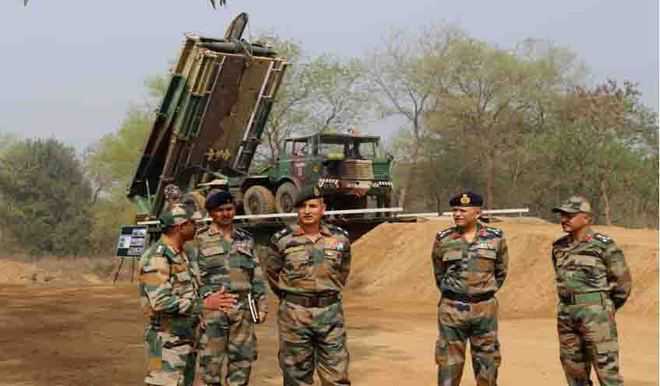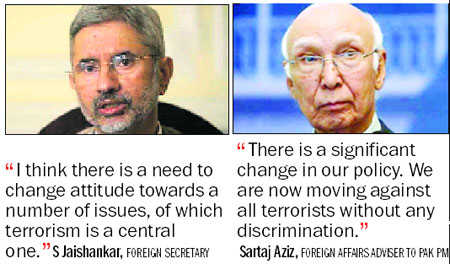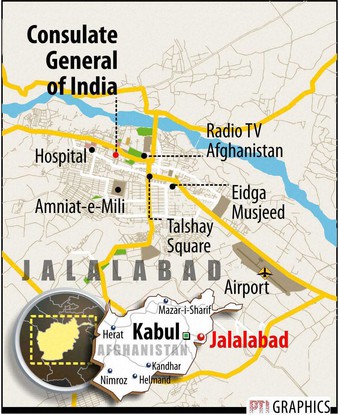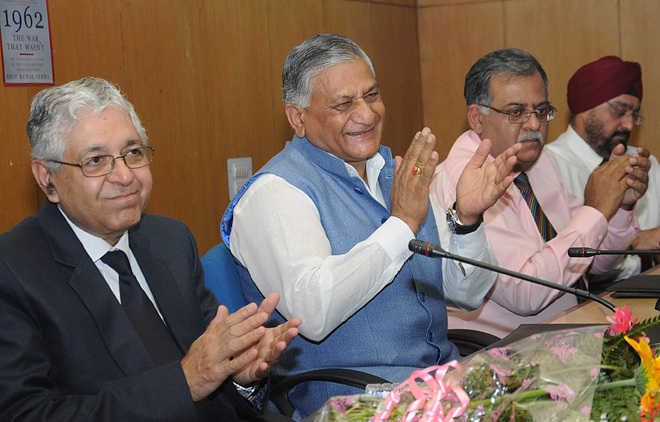Tribune News Service
Pathankot, March 3
The BSF, working on specific inputs, sounded an alert in Pathankot district following reports that 3-5 persons were spotted “extremely close” to the international border, also called the Zero Line, on the Pakistani side.A Shreenivasan, DIG, Gurdaspur sector, confirmed that an alert had been sounded.“We received some specific reports from our Jalandhar office following which we are working on the inputs,” he said. Today’s high alert comes after weeks of relative calm in the area.The BSF also sounded the Pathankot police in the morning today following which the police went into overdrive, sealing the Narot Jaimal Singh area.Terrorists who were responsible for the January 2 Pathankot Air Force station and the July 27 (last year) Dinanagar police station attacks are said to have sneaked in through the Bamial area. Bamial falls under the Narot Jaimal Singh police station of Pathankot police district.Pathankot SSP RK Bakshi said, “All the villages near the border have been sealed and checking has been intensified.”The last threat received was on January 6 when some terrorists were spotted by villagers near Tibri Cantonment following which Gurdaspur SSP Gurpreet Singh Toor asked the administration to call in the Army.Two days later, the BSF and CRPF also joined the mega search operation. However, nothing tangible came out of the exercise even as the authorities extended their search towards the Dera Baba Nanak area falling under the Batala police district.Police check posts have been set up at various places on the roads leading to Bamial. In the last three months, the Intelligence Bureau (IB) sent at least three alerts to the Punjab Police and the Border Security Force (BSF) on a possible infiltration attempt, with detailed inputs including the number of terrorists, according to sources.







































































